detail profile tessy callado

Tessy Callado
Teresa Carla Watson Callado
atau dikenal sebagai
Riwayat Hidup
Tessy Callado, stage name of Tereza Carla Watson Callado (Rio de Janeiro, April 10, 1950), is a Brazilian actress, director, journalist, writer, producer, television presenter, radio actress, broadcaster, translator, screenwriter and poster girl.
Info Pribadi
Peran Yang Di Mainkan Tessy Callado
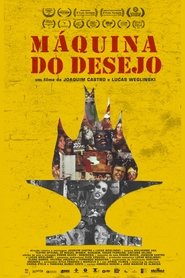 In six decades Teatro Oficina has...
In six decades Teatro Oficina has...Desire Machine: 60 Years of Teatro Oficina 2021
In six decades, Teatro Oficina has done more than revolutionize theatrical language in the country: the aesthetic influence of José Celso Martinez Corrêa's company extends from Tropicalism to the renewal of Brazilian audiovisual languages from the 1960s onwards. The film revisits a story that it involves personalities such as Caetano Veloso, Glauber Rocha, Lina Bo Bardi, Chico Buarque and Zé do Caixão, brings together scenic art, ecology, architecture and sexuality, and mixes art and life in the search for a Brazilian based language.
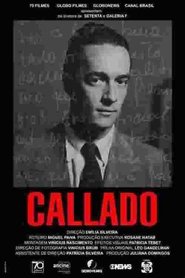 A celebration of the centenary of...
A celebration of the centenary of...Callado 2017
A celebration of the centenary of the writer, journalist and democracy activist Antonio Callado. The documentary describes the life story and works of this writer who always sought to understand Brazil. In the early days, he believed in the myth of a country focused on its origins, on the Indians and the fight for freedom. Afterwards, he recognized that he had lived a useless passion and became disenchanted. But his work has the characteristics of a continuous account of the struggles of the common man, in search of love and a better life.
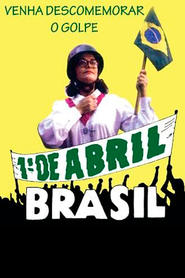 The daily routine of a womens...
The daily routine of a womens...1º de Abril, Brasil 1989
The daily routine of a women's Republic in the late days of 1963 and early 1964 - before the military coup - is presented from the perspective of several characters, and the place's owner who is about to sell the house to an international company who wants to build a mall in the place.
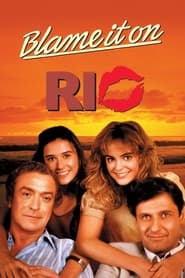 Matthew Hollis is man on holiday...
Matthew Hollis is man on holiday...Blame It on Rio 1984
Matthew Hollis is man on holiday in Rio with his best friend. Both men have teenage daughters with them. When Matthew falls for his best friend's amorous daughter named Jennifer, they embark on a secret, if slightly one-sided relationship. Jennifer's father is furious when he finds out about the 'older man' in his daughter's life, and sets out to hunt him down with the aid of Matthew!
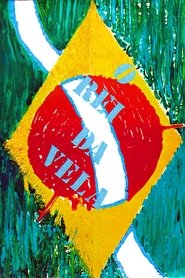 Filming of the historical montage of...
Filming of the historical montage of...The King of the Candle 1982
Filming of the historical montage of Oswald de Andrade's play, where decadent millionaires, depraved children, corrupt and implacable capitalists are the characters interpreted by the Grupo Oficina, in a celebrated theatrical performance from 1967, fundamentally recorded in 1971 and released only in the 1980s.
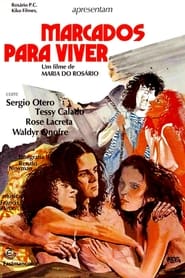 A true friendship develops between Joj...
A true friendship develops between Joj...Branded For Life 1977
A true friendship develops between Jojô, a prostitute Rosa, and the young Eduardo, who survive on the streets of Rio de Janeiro. Everything goes well until ambition takes over the trio, causing friends to aim for bigger goals, planning a big assault that could cost them their lives.
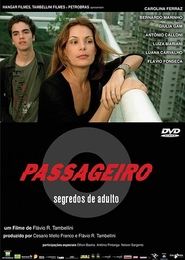 A coming of age story about...
A coming of age story about...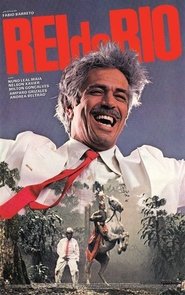 Two friends get rich running an...
Two friends get rich running an...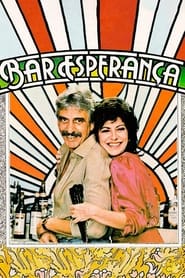 A group of eccentric people gather...
A group of eccentric people gather...